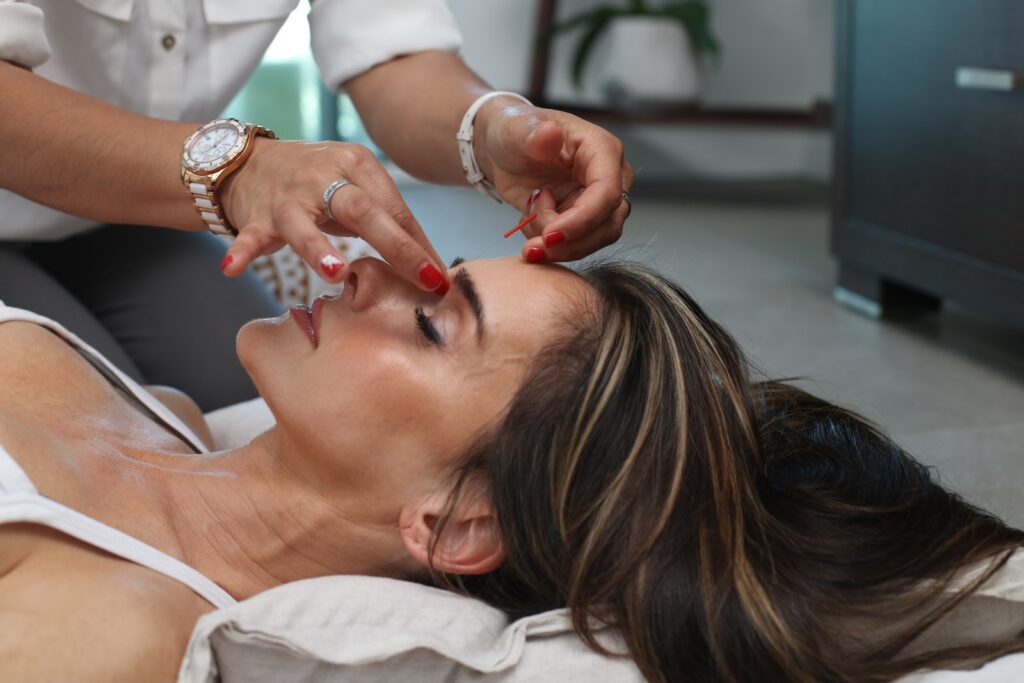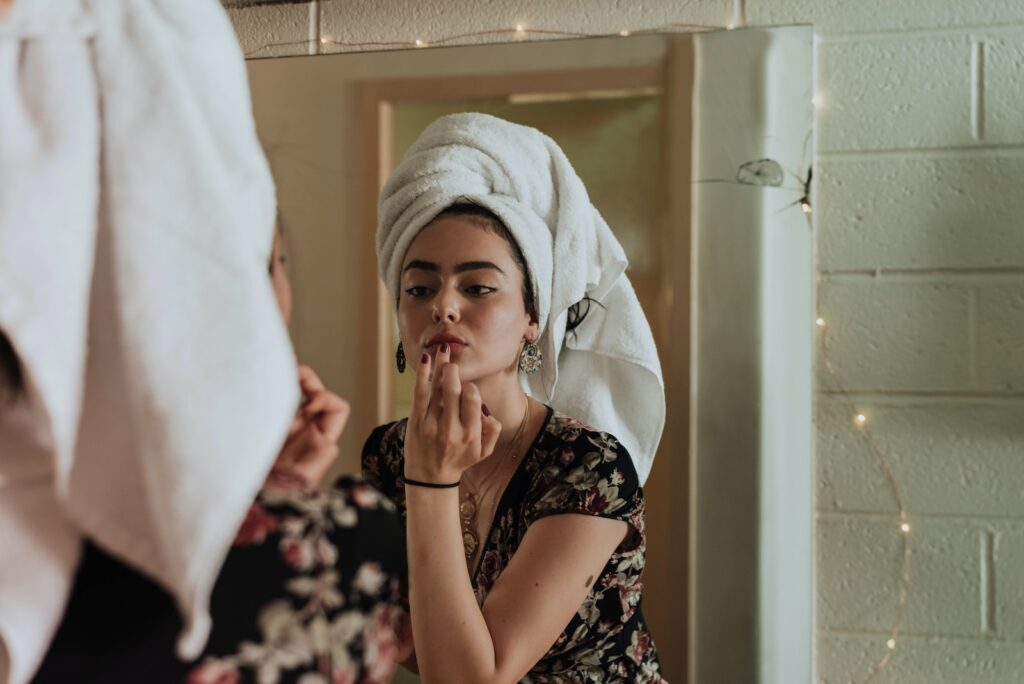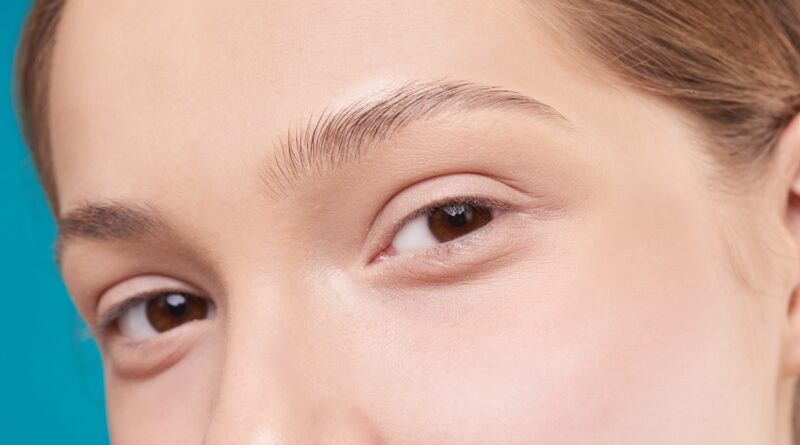Retinol is one of the most popular and effective ingredients in skincare today. It’s a powerful anti-aging and acne treatment that has been used for decades. If you’re looking to improve the overall appearance of your skin, retinol is definitely worth considering.
Introduction to Retinol
Retinol is a form of Vitamin A that is found in many skincare products. It’s a powerful ingredient that can help improve the texture and tone of your skin. Retinol has been used for decades to treat acne, reduce the appearance of fine lines and wrinkles, and improve skin texture.
Retinol works by increasing cell turnover and stimulating collagen production. This helps to reduce the appearance of fine lines and wrinkles, and improves the overall texture and tone of the skin. It’s also effective at treating acne because it helps to unclog pores and reduce inflammation.
What is Retinol?
Retinol is a form of Vitamin A that is found in many skincare products. It’s a powerful antioxidant that can help improve the overall health of your skin. Retinol works by increasing cell turnover and stimulating collagen production. This helps to reduce the appearance of fine lines and wrinkles and improve the overall texture and tone of the skin.
Retinol is available in many different forms including creams, serums, and gels. It’s important to choose a product that is right for your skin type and needs. Some retinol products may be too harsh for sensitive skin, while others may not be strong enough for more mature skin.

Benefits of Retinol for Anti-Aging and Acne Treatment
Retinol is a powerful ingredient that has many benefits for the skin. It’s effective at reducing the appearance of fine lines and wrinkles, improving skin texture, and treating acne. Retinol works by increasing cell turnover and stimulating collagen production, which helps to reduce the appearance of fine lines and wrinkles and improve the overall texture and tone of the skin.
Retinol is also effective at treating acne because it helps to unclog pores and reduce inflammation. It can also help to fade acne scars and improve the overall appearance of the skin. Retinol is also a powerful antioxidant that can help to protect the skin from environmental damage and improve overall skin health.
Review: La Roche-Posay’s Retinol B3 Serum Makes Sensitive Skin Glow
Retinol vs Retinoids: What’s the Difference?
Retinol and retinoids are often used interchangeably, but they are actually two different things. Retinoids are a family of compounds that are derived from Vitamin A. They are often used in prescription-strength skincare products because they are more potent than retinol.
Retinol, on the other hand, is a weaker form of Vitamin A that is available over-the-counter. It’s still a powerful ingredient that can help improve the overall appearance of the skin, but it’s not as strong as retinoids. Retinol is a good option for those who are just starting to use Vitamin A in their skincare routine or those with sensitive skin.
- At-Home Teeth Whitening Kits: The Ultimate Guide
- The Hamilton Beach Big Mouth Juice Extractor: A Budget-Friendly Powerhouse
Best Retinol Serums for Different Skin Types
When it comes to choosing a retinol serum, it’s important to find one that is right for your skin type and needs. Some retinol serums may be too harsh for sensitive skin, while others may not be strong enough for more mature skin. Here are some of the best retinol serums for different skin types:
- For sensitive skin: La Roche-Posay Redermic R
- For mature skin: Skinceuticals Retinol 0.5 Refining Night Cream
- For oily skin: The Ordinary Granactive Retinoid 2% Emulsion
- For dry skin: Sunday Riley A+ High-Dose Retinoid Serum
How to Add Retinol to Your Skincare Routine
If you’re looking to add retinol to your skincare routine, it’s important to start slowly and gradually increase your usage over time. Retinol can be harsh on the skin, especially if you’re using it for the first time. Here are some tips for adding retinol to your skincare routine:
- Start with a low concentration of retinol (0.5% or lower) and use it once or twice a week.
- Gradually increase your usage over time, but don’t use it every day.
- Always use sunscreen during the day, as retinol can make your skin more sensitive to the sun.
- Avoid using retinol with other exfoliating products, as this can be too harsh on the skin.
Retinol Eye Creams: Do They Work?
Retinol eye creams are a popular option for those looking to reduce the appearance of fine lines and wrinkles around the eyes. Retinol can be effective at treating these concerns, but it’s important to choose the right product and use it correctly.
Retinol eye creams should be applied at night, as this is when the skin is able to absorb the ingredients more effectively. It’s also important to start with a low concentration of retinol and gradually increase your usage over time. Be careful not to get the product too close to your eyes, as this can cause irritation.
The Retinol Purge: What to Expect
The retinol purge is a common side effect of using retinol. This occurs when your skin is adjusting to the ingredient and can cause redness, dryness, and peeling. It’s important to understand what to expect during the retinol purge and how to minimize its effects.
During the retinol purge, it’s important to keep your skin hydrated and moisturized. Use a gentle cleanser and avoid using other exfoliating products. You may also want to reduce your usage of retinol until your skin has adjusted to the ingredient.
To minimize the side effects of retinol cream, it’s important to start with a low concentration of retinol and gradually increase your usage over time.
Dangers of Retinol Cream: Side Effects to Watch Out For
Retinol cream is generally safe to use, but there are some side effects to watch out for. These can include redness, dryness, peeling, and sensitivity to the sun. It’s important to understand the potential dangers of retinol cream and how to minimize its effects.
To minimize the side effects of retinol cream, it’s important to start with a low concentration of retinol and gradually increase your usage over time. Always use sunscreen during the day and avoid using other exfoliating products. If you experience severe redness or irritation, stop using the product and consult a dermatologist.
How to Minimize Retinol Side Effects
If you’re experiencing side effects from using retinol, there are several things you can do to minimize its effects. Here are some tips for minimizing retinol side effects:
- Start with a low concentration of retinol and gradually increase your usage over time.
- Use a gentle cleanser and moisturizer to keep your skin hydrated.
- Always use sunscreen during the day, as retinol can make your skin more sensitive to the sun.
- Avoid using other exfoliating products, as this can be too harsh on the skin.

Retinol for Skin: Tips and Tricks
Here are some additional tips and tricks for using retinol in your skincare routine:
- Use retinol at night, as this is when the skin is able to absorb the ingredient more effectively.
- Be patient – it can take several weeks or even months to see the full benefits of retinol.
- Use a gentle cleanser and moisturizer to keep your skin hydrated.
- Always use sunscreen during the day, as retinol can make your skin more sensitive to the sun.
Conclusion
Retinol is a powerful ingredient that can help improve the overall appearance of your skin. It’s effective at reducing the appearance of fine lines and wrinkles, improving skin texture, and treating acne. If you’re looking to add retinol to your skincare routine, it’s important to start slowly and gradually increase your usage over time.
Frequently Asked Questions:
-
Is it OK to use retinol every day?
It’s generally not recommended to use retinol every day, especially if you’re new to the ingredient. Retinol can be harsh on the skin and can cause redness, dryness, and peeling. It’s important to start with a low concentration of retinol and gradually increase your usage over time.
-
Why use retinol at night?
Retinol is best used at night because this is when the skin is able to absorb the ingredient more effectively. It’s also important to use sunscreen during the day, as retinol can make your skin more sensitive to the sun.
-
How often should you use retinol?
It’s generally recommended to use retinol once or twice a week to start, and gradually increase your usage over time. It’s important to listen to your skin and adjust your usage accordingly.
-
Is it worth using retinol?
If you’re looking to improve the overall appearance of your skin, retinol is definitely worth considering. It’s a powerful ingredient that can help reduce the appearance of fine lines and wrinkles, improve skin texture, and treat acne. Just be sure to start slowly and listen to your skin.








Pingback: Revolutionize Your Shopping Experience: Discover How Chat GPT Brings Fashion Help to Your Fingertips! - The Glamal